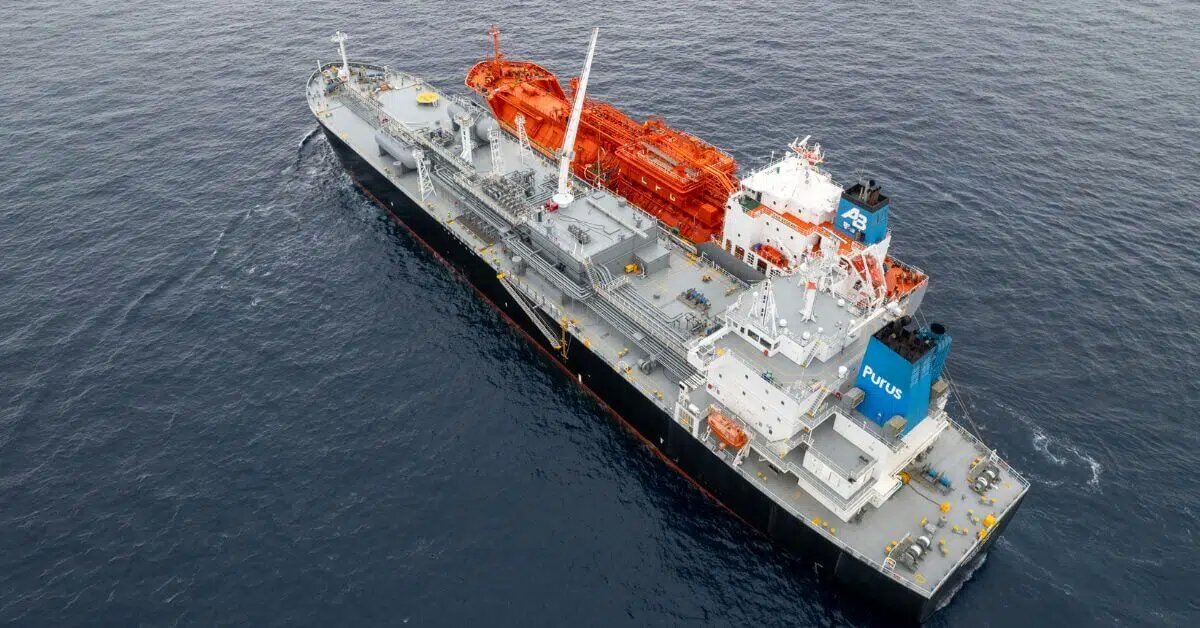Despite recent reports of worsening congestion at Northern European ports, global liner companies showed unexpected improvements in schedule reliability in May.
According to the latest data from Sea-Intelligence, the overall schedule reliability for the Asia-Northern Europe route reached 66.8% in May, a significant increase of 12.4 percentage points from April and an 18% year-on-year rise.
Among major shipping companies and alliances, the Gemini Alliance topped the list with an 85.4% reliability rate. The Ocean Alliance and MSC followed closely with 68.8% and 68.7%, respectively. The Premier Alliance, previously at a low level, improved to 35%, up from 21.1% in April.
Additionally, the rate of port omissions at major Northern European hub ports has declined. Sea-Intelligence noted that between February and March this year, the omission rate for vessels at the five major ports—Antwerp, Rotterdam, Bremerhaven, Hamburg, and Le Havre—reached 13%, nearing pandemic-era highs. However, this rate dropped to 9% in April and further to 7% in May.
Analysts suggest that amid persistent congestion, the reduction in port omissions may indicate that shipping companies have accepted the reality of mandatory port calls. They have adjusted their operational strategies by adding buffer time to schedules or removing certain ports from routes altogether while waiting for conditions to improve.
Meanwhile, yard pressure at ports remains heavy. According to Kuehne + Nagel, yard utilization at some terminals in Antwerp has exceeded 90%, while Rotterdam, Bremerhaven, and Hamburg maintain utilization rates between 80% and 85%. Industry experts generally agree that when yard utilization surpasses 75%, port operations face significant congestion risks.
Of particular concern is the upcoming five-day complete suspension of rail transport at the Port of Hamburg from July 4 to 8, which is expected to further exacerbate congestion at German ports.
On the Asia-Mediterranean route, the Gemini Alliance continued to excel with a 79.3% reliability rate, followed by MSC at 73.4%. The Premier Alliance recorded 48%, while the Ocean Alliance lagged far behind at just 30%.
In the global ocean shipping network, the Gemini Alliance also ranked first with an overall reliability rate of 88.4%, up 1.2 percentage points from the previous month. MSC followed with 77.9%, while the Ocean Alliance and Premier Alliance recorded 57.4% and 52.7%, respectively.
On the trans-Pacific route (Asia to the U.S. West Coast), which has recently seen volatile capacity and significant uncertainty due to trade policies, performance varied widely among carriers. The Gemini Alliance maintained its lead with a 98.5% reliability rate, though slightly down from the perfect 100% in the previous two months. MSC recorded only 50%, while the Ocean Alliance and Premier Alliance achieved 65.2% and 64.2%, respectively.
Notably, the U.S.-based carrier Matson continued its outstanding performance on the trans-Pacific route, achieving a perfect 100% reliability rate in May.





